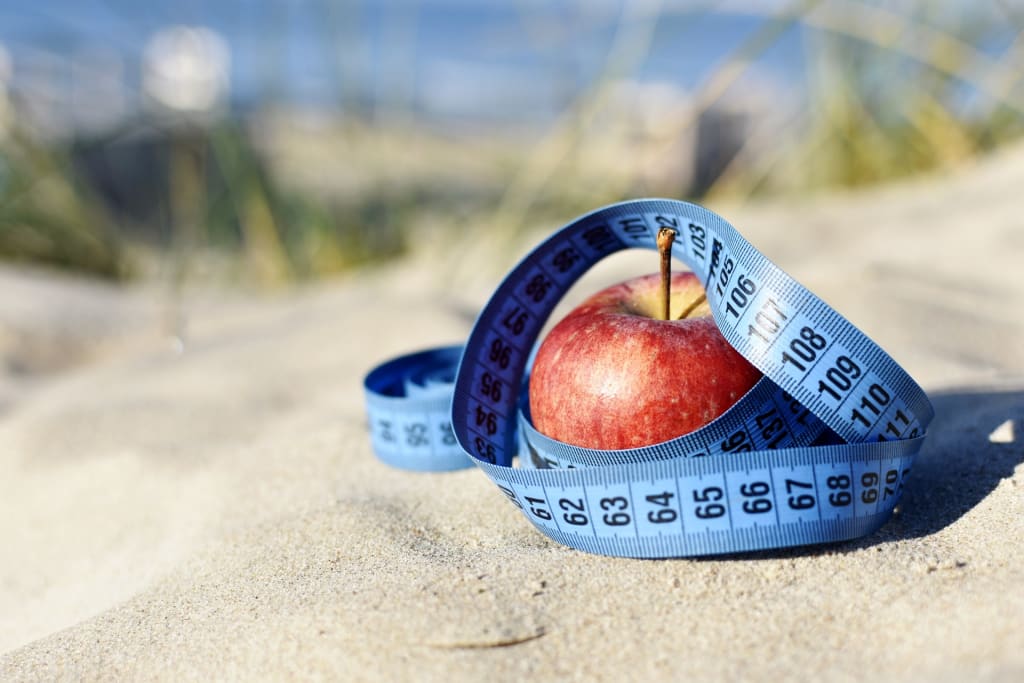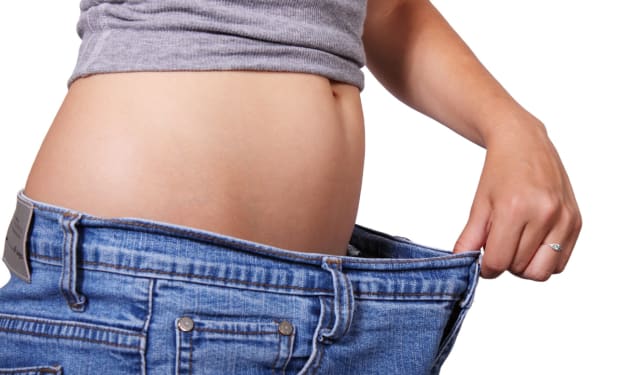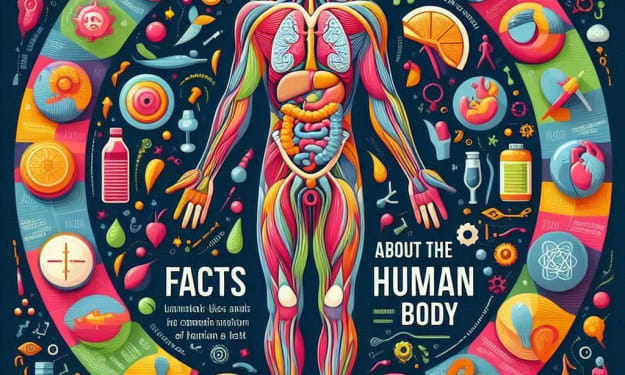9 Typical Reasons for Rapid Weight Gain
Perhaps you've just finished the cookie and pie marathon that is "the holidays."

Sometimes it's easy to see why you may have gained a few extra pounds. Perhaps you've been going to a few more wing nights than usual each month. Perhaps you've just finished the cookie and pie marathon that is "the holidays." Or your workload has increased to the point that you are barely able to function, which tends to undermine any appearance of what one would refer to as "fitness.
You should be aware that little weight fluctuations are typical, seldom cause for concern, and may not even be related to your diet.
However, there are also spikes in weight gain—the type that causes you to look away from the scale and pause. When you are unable to place the blame for your sudden weight increase on chicken wings, Christmas sweets, or job stress, it may be very upsetting and perplexing.
So, how much weight gain over a short period of time is cause for concern?
It's time to pay attention if you've gained five pounds or more in as little as a few weeks—or even days.
"Variable weights and even weight gain can be normal," says Dana Ellis Hunnes, Ph.D., M.P.H., R.D., a senior clinical dietitian at UCLA medical center and the author of Recipe For Survival. "This is especially true during the last two months of the year when candy (from Halloween), major holidays, and holiday parties are frequent." But if you are gaining weight at other times of the year and haven't altered your diet, it should raise some red flags since it might be a sign of an underlying illness like congestive heart failure, liver disease, or renal disease.
What can be the reason for this unexpected weight gain?
Here are nine typical sources and some action steps.
Your Salt Intake Is Excessive
Your body retains water when you consume sodium. Water has both volume and weight. Accordingly, he warns that eating a lot of salty food many days in a row may cause you to gain weight quickly.
Restaurant cuisine, and particularly fast food, has a tendency to be sodium-rich. So, if you've suddenly spent your days eating takeaway and meals from restaurants, it may be the cause of your sudden weight gain.
But keep in mind that many of the things you consume at home are also high in salt. In the American diet, bread, sandwiches, cold cuts, and cured meats are some of the leading sources of salt.
You're Eating Insufficient Potassium
Limiting your sodium consumption is crucial, but it's not the only nutrient that matters for water weight.
Similar to sodium's counterweight, potassium. While potassium helps your muscles function and controls blood pressure, salt aids in maintaining the fluid around your cells. Both are interdependent, and if any is off, total hydration suffers.
Although there isn't a set daily recommendation for potassium consumption, experts appear to agree that males aged 19 and older should aim for a daily potassium intake of 3,400 mg.
You've Just Started Taking a New Drug
According to W. Scott Butsch, M.D., head of obesity medicine at the Cleveland Clinic's Bariatric and Metabolic Institute, "There are several drugs that may promote weight gain."
In actuality, he claims that up to 15% of obesity cases may be related to medicine.
Medicine for depression (including SSRIs) and medication for heart problems (beta blockers) are two frequent offenders, according to Butsch. But according to him, some allergy-blocking antihistamines, prescription sleep aids, and even medicines might result in "a rise in weight."
The list should include include testosterone-boosting medications and supplements, according to Cheskin. These medications affect your hormones, which may cause a rapid rise in weight. This includes over-the-counter (OTC) and online supplements, he continues. It doesn't have to be written on your PCP's prescription pad to cause you to gain weight.
Visit the physician who gave you the prescription again if the weight gain is alarming to determine if you should continue taking the medicine or whether any modifications are necessary. And if you've been taking an over-the-counter (OTC) or internet supplement but haven't informed your primary care physician about it, it's definitely time.
You take diuretics.
As Ellis Hunnes notes, fluid weight gain may happen if you are taking diuretics for medical reasons and they are modified or you stop taking them.
Ellis Hunnes claims that "in most of these circumstances, this is not genuine weight." True weight gain would be influenced by dietary changes, exercise habits, metabolic rate changes (thyroid problems), etc.
Of course, if you've just stopped using diuretics or altered how much of these medications you take, speak with your doctor to be sure this is what's happening to you.
You're Consuming More Food Than You Know
This may seem like a no-brainer. However, they are unaware of how rapidly it may occur. According to Cheskin, if you've been increasing your calorie intake regularly for a month or two, you could even see a five- to ten-pound weight gain.
It's crucial to understand that these alterations could be hardly perceptible. Perhaps you've begun hosting weekly happy hours. Or maybe you purchased new cookware and unknowingly upped your serving proportions. "If you're consuming only 500 calories extra each week, it may pile up over time," he claims.
To see whether you start to lose weight, try maintaining a diet log, using a calorie-counting app, or just quitting the eating behavior you suspect is the culprit.
You changed to a higher-carb diet.
You'll see a change on the scale right away if you go from a diet that is very low in carbohydrates, like the keto diet, to one that includes more grains and starches. This is so that your muscles and liver can store carbohydrates as glycogen. A dish of pasta will cause your tissues to retain more water than usual since each gram of glycogen contains around three grams of water. In terms of exercise (glycogen is a potent source of workout fuel) and overall wellness (fiber is a carbohydrate! ), carbohydrates are crucial.
You recently reduced your weight
Really, extremely, really wonderful if weight loss persisted. However, the contrary is often true.
Our system will respond to preserve equilibrium because "our body weight and body fat are carefully controlled," according to Butsch. In other words, even if you continue your weight-loss habits, whatever pounds you manage to lose are likely to return.
So regardless of how much you eat or exercise, if you just lost weight, it's extremely probable that you'll gain some of it back. This is entirely natural.
You Suffer from an Endocrine Condition
The National Institutes of Health estimate that one in five persons have hypothyroidism, commonly known as an underactive thyroid. Cheskin notes that although hypothyroidism is significantly more prevalent in women, it may also result in abrupt and severe weight gain in males.
According to Butsch, while less often, several other hormone abnormalities, such as Cushing's illness, may also lead to weight gain. He goes on to say that if you have one of these endocrine problems, weight gain is usually not your only symptom. These hormone imbalances may cause fatigue, weakness, headaches, cognitive difficulties, depression, and irritability, according to the Mayo Clinic.
You Suffer From Another Chronic Illness or Disease
Other chronic disorders or diseases, in addition to faulty endocrine system function, may be to blame for abrupt weight gain. According to Ellis Hunnes, if you discover that you are gaining one to two pounds every few days (or even every day), you should visit a doctor right away. This weight gain is likely fluid weight and may be a sign that your kidneys aren't excreting enough fluid from your body.
According to Ellis Hunnes, "this may be due to your heart not pumping blood effectively enough (heart failure), your kidneys not functioning properly, or your liver disease causing you to leak fluid into your extracellular space (this condition is referred to as third spacing, edema, or ascites depending on where it is or how it manifests).
About the Creator
Enjoyed the story? Support the Creator.
Subscribe for free to receive all their stories in your feed. You could also pledge your support or give them a one-off tip, letting them know you appreciate their work.






Comments
There are no comments for this story
Be the first to respond and start the conversation.